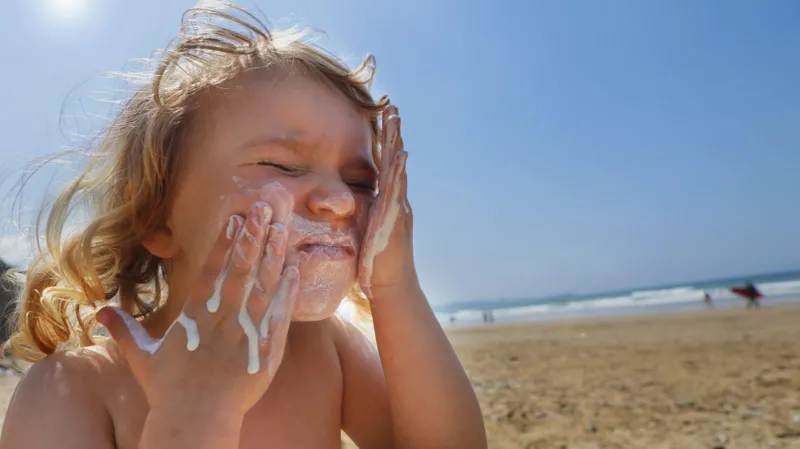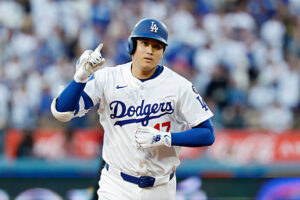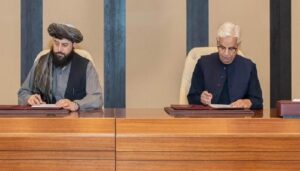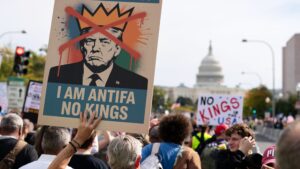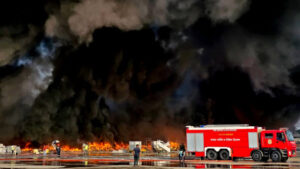A sunscreen scandal in Australia is continuing to grow, with 18 products now pulled from shelves in the skin cancer hotspot over safety concerns.
Analysis by a consumer advocacy group in June found several popular and expensive sunscreens did not provide the protection claimed by their makers.
One product, Ultra Violette’s Lean Screen Skinscreen, is supposed to offer a skin protection factor (SPF) of 50+ but instead returned a result of SPF 4 and was voluntarily recalled in August.
An investigation by the medicines regulator has now warned about 20 more sunscreens from other brands, which share the same base formula, and raised “significant concerns” about a testing laboratory.Independent analysis by a trusted consumer advocacy group has found that several of Australia’s most popular, and expensive, sunscreens are not providing the protection they claim to, kicking off a national scandal.
There has been a massive backlash from customers, a probe launched by the country’s medical watchdog, multiple products pulled from shelves, and questions raised about the regulation of sunscreen around the globe.
“It’s definitely not an issue isolated to Australia,” cosmetic chemist Michelle Wong told the BBC.experts have warned it may also have global implications. Problems have been identified with both the manufacture of some sunscreens and the integrity of lab testing relied upon to prove their SPF claims.
The manufacturer of the base formula in question, Wild Child Laboratories Pty Ltd, has stopped making it as a result, the TGA said.
In a statement, Wild Child Laboratories boss Tom Curnow said the TGA had found no manufacturing issues at its facility.
“The discrepancies reported in recent testing are part of a broader, industry-wide issue,” he said.
The TGA has previously said it is looking into “reviewing existing SPF testing requirements” which can be “highly subjective”, but in the update on Tuesday said it had significant concerns about testing undertaken by Princeton Consumer Research Corp (PCR Corp), a US lab.
“The TGA is aware that many companies responsible for sunscreens manufactured using this base formulation relied on testing by PCR Corp to support their SPF claims.”
Mr Curnow said Wild Child had ceased working with PCR laboratories and had submitted its formulas for testing with other accredited, independent laboratories.
All companies using the problematic base formula and the PCR lab have also been contacted by the TGA, it said.
“The TGA has also written to PCR Corp regarding its concerns and has not received a response.”
In an emailed statement to the BBC, PCR Corp suggested that external factors could account for SPF rating discrepancies between their tests and those later conducted by others.
“Sunscreen performance measured in a laboratory reflects the exact batch and condition of the sample submitted at that moment,” the statement said.
“Multiple factors outside the laboratory – such as manufacturing variability between batches, raw-material differences, packaging, storage conditions, product age, and in-market handling – can influence the SPF of products sold later.”
The statement went on to explain that “testing is therefore one part of a broader quality and regulatory process that includes manufacturing controls, stability programmes, and post-market surveillance by brands and regulators”.
“We can only speak to the data we generated on the samples we tested; we cannot opine on any subsequently manufactured or sold product that we did not test.
